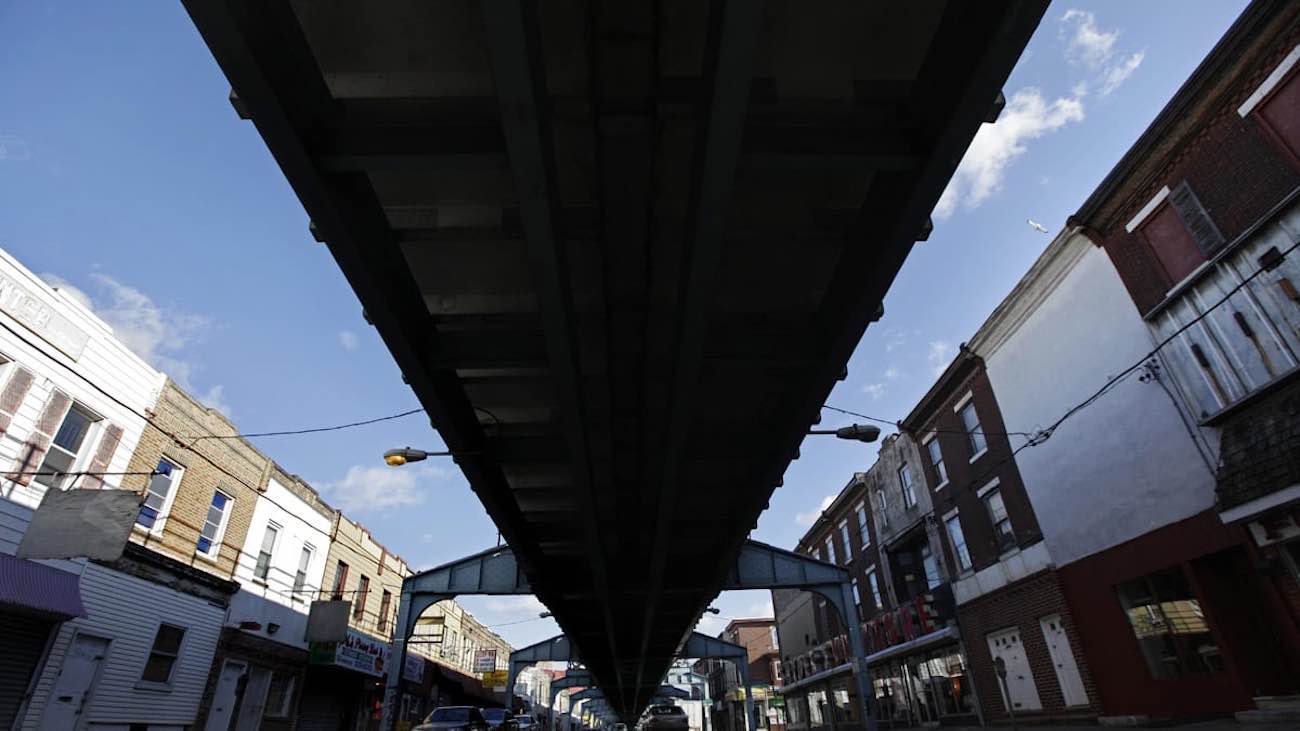ImpactAlpha, July 14 – The two-track recovery threatens to leave distressed communities even further behind. Consider Philadelphia’s Kensington neighborhood: “A community that was already sort of hanging by a thread is completely falling off the cliff,” says Bill McKinney of the New Kensington Community Development Corp., a community housing developer.
McKinney called for “almost a Marshall plan” for community recovery in a policy discussion hosted by the Local Initiatives Support Corp.
“Taking a place-based approach to the core economic goals that we have is important,” said White House National Economic Council director Brian Deese. That might mean tearing down freeways that have divided and segregated communities in places like Syracuse, N.Y., and expanding R&D investment through historically Black colleges and universities and community or technical colleges outside of traditional funding streams.
Targeted universalism
The Biden administration’s policies have the potential to lift not just the least well-off but the entire economy, Deese said. The latest example: the enhanced child tax credit, which will provide monthly payments to families beginning this week.
All but the most affluent families will receive benefits, which is expected to cut child poverty by almost half. It is part of the broader American Rescue Plan, which Deese says will increase incomes for the bottom 40% of households by 20%.
“Coming out of this pandemic, focusing on the universalistic benefits of making targeted government investments, we’ve got as good a chance as we had at any time in the last generation or two of actually making these arguments stick,” he said.
Community developers
The crisis for small businesses and communities is “far from over,” said Ellis Carr of Capital Impact Partners. CIP made the first two loans from a new $20 million lending initiative for developers of color in Washington D.C. The Diversity in Development loan fund will make lower-cost, flexible pre-development and acquisition loans for affordable housing projects.
The initiative builds on a similar program launched in Detroit last year.
CIP, which is merging with CDC Small Business Finance, provided about 6000 loans totaling $280 million through the federal Paycheck Protection Program.
Impact in place
“No recovery can be considered just or equitable without the resurgence of Black, Brown, Indigenous, rural and other communities that for too long have been denied adequate access to economic development opportunities,” writes Fran Seegull of the U.S. Impact Investing Alliance in a guest post on ImpactAlpha.
“We need continued momentum and collaboration on a much larger scale to meet the needs of these communities.”
The Alliance’s “Impact in Place” report explores ways to drive more investment capital into communities.











